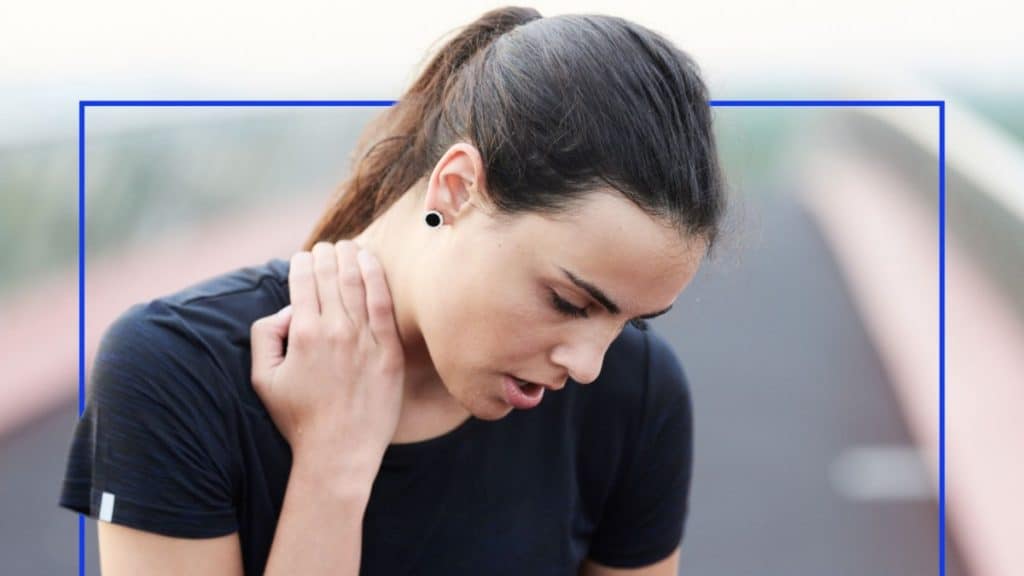Ensuring adequate vitamin D levels is critical for supporting bone health, immune function, and overall well-being. Awareness of the symptoms associated with vitamin D deficiency is the first step toward addressing any potential health issues.
Vitamin D is a crucial nutrient that promotes healthy bone development and supports bone health. It also plays a vital role in the functioning of the nervous, musculoskeletal, and immune systems. You can obtain vitamin D through sun exposure, your diet, and supplements. A deficiency occurs when your body doesn’t have sufficient levels of this vitamin .This makes it important to restore adequate amounts of vitamin D to maintain your overall health. For expert advice on keeping your vitamin D levels in check, you can consult specialists at Apollo Hospitals Hyderabad. Continue reading to learn about the symptoms of vitamin D deficiency and how to address them.
Symptoms of Vitamin D Deficiency
Here are some of the most common symptoms of vitamin D deficiency :
- Frequent Infections or Illnesses: Vitamin D plays a key role in immune function by interacting with the cells responsible for fighting infections. If you frequently fall ill, it could be due to low vitamin D levels.
- Pain in the Back and : Since vitamin D enhances calcium absorption, it helps maintain bone health. A deficiency might lead to bone or lower back pain. For personalised care, consult the best orthopaedic doctor in Hyderabad at Apollo Hospitals.
- Fatigue: Studies indicate that vitamin D deficiency may contribute to fatigue. It can also be linked to poor sleep quality, shorter sleep duration, and difficulty falling asleep, which can further intensify feelings of exhaustion.
- Impaired Wound Healing: Slow healing after an injury or surgery could signal low vitamin D levels. This vitamin aids in producing compounds necessary for new skin formation and helps control inflammation, which is important for proper healing.
- Muscle Pain: Muscle pain can be challenging to diagnose, but vitamin D deficiency may be one cause. The vitamin interacts with pain-sensing nerve cells and plays a role in your body’s pain-signalling pathways, which may contribute to chronic pain.
- Loss of Bone Mass and Density: Vitamin D is essential for calcium absorption and bone metabolism. Low levels of this vitamin can reduce bone mineral density, leading to conditions such as osteoporosis and muscle loss (sarcopenia), especially in older adults, increasing their risk of fractures. In such cases, it’s advisable to visit Apollo Hospitals and speak with the best orthopaedic doctor in Hyderabad.
How is a Vitamin D Deficiency Treated?
The primary goal of treating and preventing vitamin D deficiency is to achieve and maintain adequate levels of the vitamin in your body. To do this, your healthcare provider may suggest taking vitamin D supplements. Vitamin D is available in two forms: D2 (ergocalciferol), which comes from plant sources, and D3 (cholecalciferol), which is derived from animal sources. While D2 requires a prescription, D3 can be purchased over the counter, and your body absorbs D3 more efficiently than D2. It’s essential to consult your healthcare provider to determine if you need a supplement and the appropriate dosage.
In addition to taking supplements, it’s important to ensure you’re obtaining sufficient vitamin D through your diet and sun exposure. However, be cautious about prolonged sun exposure without sunscreen, as excessive exposure increases your risk of skin cancer. Several foods naturally contain vitamin D, including:
- Fatty fish like salmon, mackerel, tuna, and sardines
- Beef liver
- Rainbow trout
- Mushrooms (particularly those exposed to UV light
- Cod liver oil
- Egg yolks
You can also find vitamin D in fortified foods. Always check nutrition labels to confirm the presence of added vitamin D. Common fortified items include:
- Breakfast cereals
- Cow’s milk and plant-based alternatives like almond, soy, and oat milk
- Dairy products like yoghurt
- Orange juice
Conclusion
Maintaining optimal vitamin D levels is essential for overall health, as this vital nutrient supports bone health, immune response, and muscle function. Recognising the symptoms of vitamin D deficiency is crucial for timely intervention. If you suspect you may have a deficiency, it’s important to consult healthcare professionals who can provide personalised advice and treatment options. For expert guidance on managing your vitamin D levels, consider reaching out to specialists at Apollo Hospitals Hyderabad. Additionally, if you’re dealing with bone pain or related issues, consulting the best orthopaedic doctor in Hyderabad can help you address these concerns effectively and ensure your long-term well-being.
Reference Links
https://my.clevelandclinic.org/health/diseases/15050-vitamin-d-vitamin-d-deficiency
https://health.unl.edu/9-vitamin-d-deficiency-symptoms-and-10-high-vitamin-d-foods
https://www.yalemedicine.org/conditions/vitamin-d-deficiency
https://www.healthline.com/nutrition/vitamin-d-deficiency-symptoms#wound-healing
https://www.msdmanuals.com/home/disorders-of-nutrition/vitamins/vitamin-d-deficiency#Symptoms_v45106534
https://www.healthdirect.gov.au/vitamin-d-deficiency

